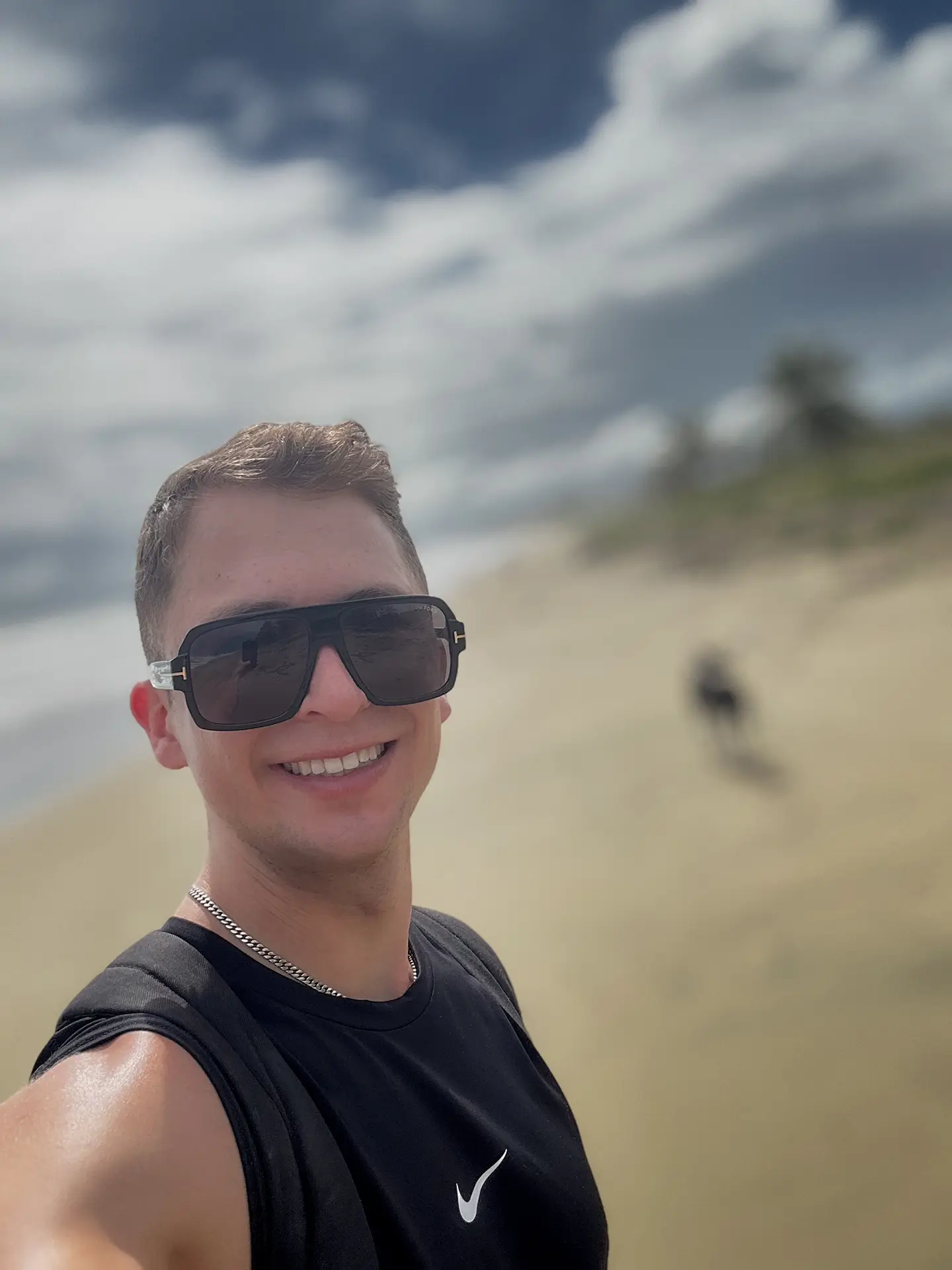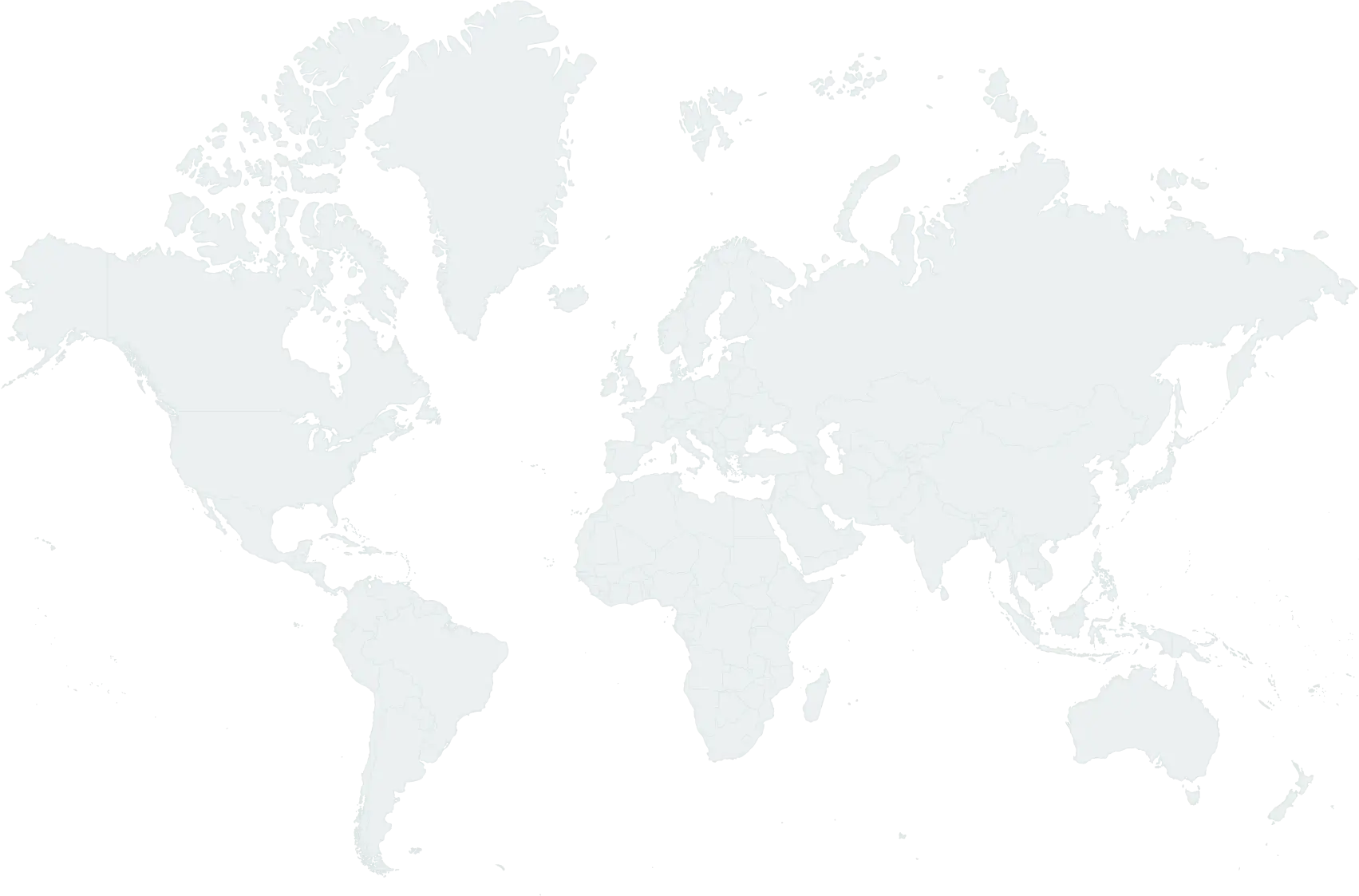Why You Shouldn't Visit Cabarete for Kitesurfing (And Where to Go Instead)

Cabarete is known as the "kitesurfing capital of the Caribbean," and on paper, it seems like the perfect destination. Reliable wind, sunny beaches, and lively energy—it all sounds ideal.
But if you’re someone who values authenticity, local culture, and a relaxed kitesurfing experience, Cabarete might not live up to your expectations. Instead of a vibrant, welcoming destination, it often feels overcrowded, overpriced, and geared toward mass tourism.
There’s a better option: Playa Buen Hombre. It’s quiet, unspoiled, and perfect for kitesurfing without the stress or distractions. If you’re looking for something more authentic, this is the spot.
The Reality of Kitesurfing in Cabarete
Cabarete has long been marketed as the "kitesurfing capital of the Caribbean," but its reputation didn’t start with the sport. In the early 2000s, Cabarete was more about nightlife than windsurfing, peaking around 2005. It used to be the equivalent of what Tarifa in Spain is popular for nowadays—a lively party destination by the beach.
The shift to promoting Cabarete as a kitesurfing destination came later, aimed at driving tourism. And while the winds are reliable, the overall experience doesn’t match the polished images you see online.
Challenging Conditions for Beginners
Cabarete’s waters aren’t beginner-friendly. Deep water, a constant shore break, and sweeping currents make learning difficult—especially for those just starting out. These conditions demand confidence and skill, which can be frustrating for newcomers.
In addition, crowded kitesurfing spots leave little room to practice comfortably. What seems like an ideal place for beginners can quickly turn into a stressful and challenging experience.
The Cost of Tourism in Cabarete
Cabarete isn’t just tough on beginners—it’s expensive. Meals at beachfront restaurants often cost €15–€30. Finding authentic, affordable food can be a challenge too. Most restaurants cater to tourists, and discovering where locals eat often requires insider knowledge. Without guidance, it’s easy to end up overpaying for meals that don’t deliver the true Dominican flavor.
And then there’s the atmosphere. Everywhere you go, someone is trying to sell you something—motorbike rentals, souvenirs, or kite lessons. It’s a constant hustle that can feel overwhelming when you’re trying to relax.
And then there’s a troubling side to Cabarete that isn’t immediately obvious. Prostitution, while not openly visible to most visitors, has a significant influence on the town’s vibe and the crowd it attracts. It’s a reality you won’t find mentioned in travel guides—it becomes apparent only when you visit. Alongside the constant hustle from vendors, it creates an atmosphere that feels more transactional than welcoming.
Playa Buen Hombre: A Hidden Kitesurfing Paradise
If Cabarete feels like a crowded marketplace, Playa Buen Hombre is the opposite. Located on the northern coast of the Dominican Republic, just 60 kilometers from the Haitian border, this beach offers peace, authenticity, and some of the best beginner kitesurfing conditions in the Dominican Republic.

Protected by a reef, Playa Buen Hombre’s shallow, flat waters create the perfect setup for kitesurfers of all levels, especially beginners. You can walk hundreds of meters into the ocean on most days, giving you the space and safety to practice at your own pace. The steady winds, often 8 knots stronger than in Cabarete, ensure you’ll always have the conditions you need to learn and enjoy.
Kite Buen Hombre: Sustainability and Simplicity
Right on the beach, Playa Buen Hombre is home to the small, eco-friendly kite camp Kite Buen Hombre run by Riin and Micky. The camp prioritizes sustainability and connection to nature, with simple bungalows designed for practicality and minimal environmental impact.
The camp feels intimate and personal. It’s not about luxury—it’s about connecting with other kitesurfers and sharing meals and stories after a day on the water.
One of my favorite things about the camp was the hammock setup. Whether I was reading a book or just taking in the sound of the waves, it was the best place to relax with uninterrupted views of the beach.
Despite its simple setup, the camp is surprisingly well-equipped for modern needs. A reliable Starlink internet connection makes it a fantastic spot for remote workers. I worked there for five days without any issues—perfect for staying productive in the mornings and enjoying afternoons on the water.
The camp offers everything you need for a great experience:
- Tailored Lessons: Professional instructors cater to your skill level, whether you’re a complete beginner or refining advanced techniques.
- Equipment Rentals and Repairs: High-quality gear is available, and repairs are done on-site, so you won’t miss a session.
- Organized Kite Trips: Explore nearby islands and hidden beaches with guided trips arranged by the camp.
When it’s time to refuel, the family-run restaurants next door serve fresh fish, fried plantains, and authentic Dominican dishes. One must-try spot is Restaurantes Bello Atardecer.

FAQs on Kitesurfing in the Dominican Republic
Is Cabarete a good destination for kitesurfing?
Cabarete is often marketed as the "kitesurfing capital of the Caribbean," but it may not meet everyone’s expectations. While the winds are consistent, deep water, strong shore breaks, and sweeping currents make it challenging for beginners. Overcrowded waters and high prices further detract from the experience. If you’re looking for calmer waters and a more authentic vibe, Playa Buen Hombre is a better choice.
Why is Playa Buen Hombre one of the best beginner kitesurfing spots in the Dominican Republic?
Playa Buen Hombre stands out because of its beginner-friendly conditions. The reef protects the waters, keeping them flat and shallow, which makes it easier for learners to build confidence. You’ll also enjoy consistent winds that help with steady progress. Unlike Cabarete, Buen Hombre isn’t crowded, so you can focus on learning without distractions.
How do I get to Playa Buen Hombre?
The best way to get to Playa Buen Hombre is by car. The kite camp, Kite Buen Hombre, offers pick-up and drop-off services for added convenience. A one-way trip from Puerto Plata costs around $280, while Santiago de los Caballeros is slightly less, at around $150.
What’s the cost of living in Cabarete vs. Buen Hombre?
Cabarete is significantly more expensive, with accommodations and meals reflecting its tourist-driven economy. Buen Hombre, on the other hand, offers a simpler, more affordable experience. However, due to limited options in Buen Hombre, you’ll likely rely on the Kite Buen Hombre camp for lodging and food. They offer a $35 flat rate for breakfast and dinner, but it’s best to check their website for the most accurate and up-to-date pricing.
Is Playa Buen Hombre suitable for remote work?
Yes, Playa Buen Hombre is surprisingly well-equipped for remote work. The kite camp features reliable Starlink internet, making it an excellent option for digital nomads. You can balance productive mornings with afternoons on the water, enjoying the tranquility and focus the remote setting provides.
Final Words
Cabarete might work for some—it’s built for tourists, with its resorts, kitesurfing schools, and nightlife. But for kitesurfers—especially those just starting out or looking for a more personal connection to the sport—it often falls short.
Playa Buen Hombre, by contrast, is all about kitesurfing in its purest form. The beginner-friendly waters, steady winds, and eco-conscious kite camp make it an ideal spot for those who want to focus on learning or improving their skills without the distractions of mass tourism. And with a reliable internet connection, it’s a fantastic option for digital nomads who want to balance remote work with time on the water.
That said, Playa Buen Hombre is not for everyone. It’s remote, quiet, and entirely centered on kitesurfing. If you’re looking for nightlife or a wide variety of activities, you’ll need to look elsewhere. But if you’re ready to escape the crowds, connect with nature, and immerse yourself in the kitesurfing community, there’s no better place.
If you have questions or want advice on planning your trip, feel free to reach out—I’d be happy to share more about my experience and help you make the most of your kitesurfing adventure.









